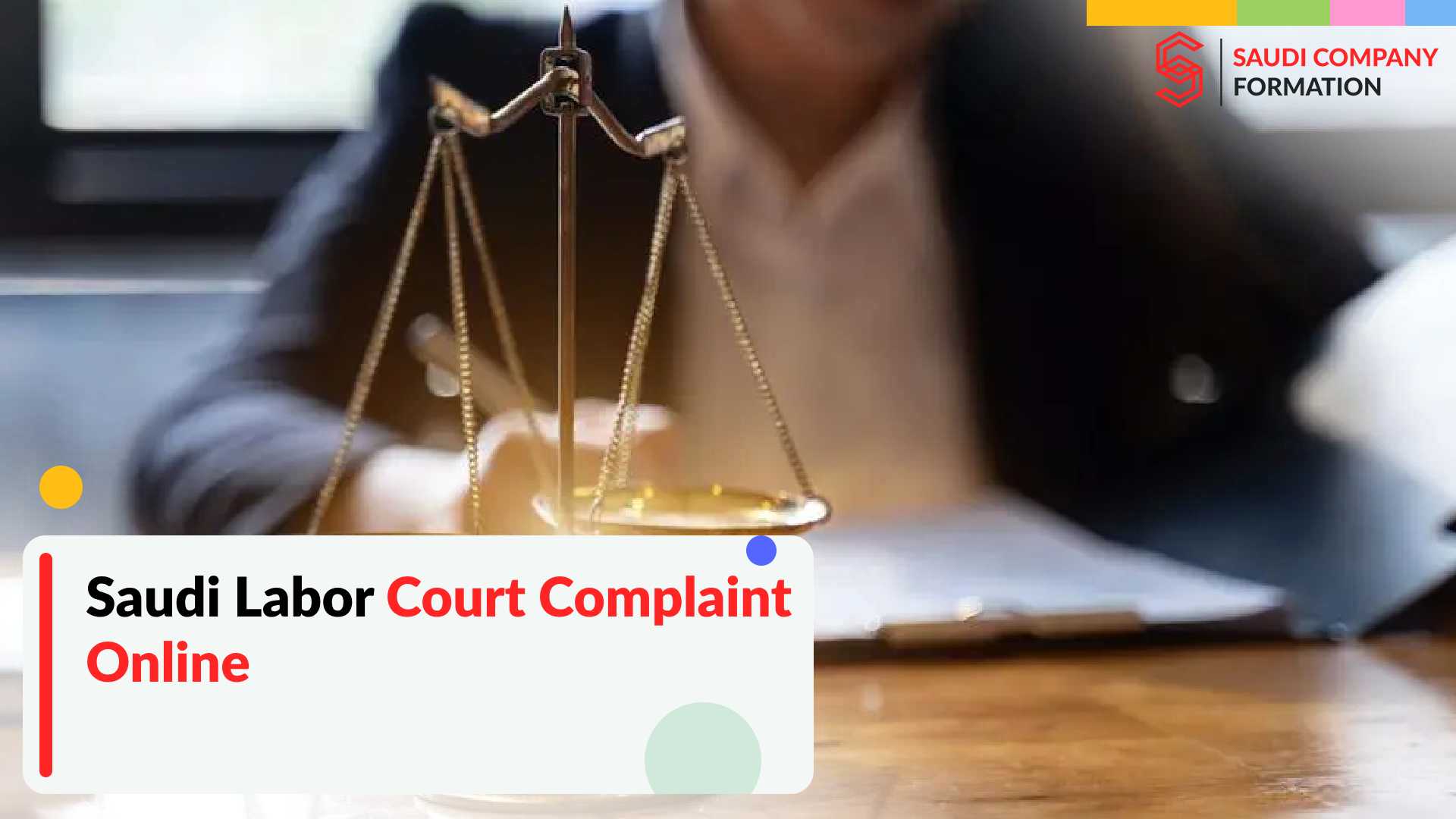If you are working in Saudi Arabia, you should be familiar with the Saudi Labor Law 2022. This law regulates the rights and obligations of workers and employees in the Muslim Kingdom. One of the most important topics appearing in Saudi Labor Law article 74 is the termination of employment contracts.
In this article, we will explain each of these conditions in detail and provide some examples and references.
Article 74 of the Saudi Labor Law
Saudi Labor Law Article 74 stipulates seven conditions for the termination of a contract by either party. These are:
- Agreement of both parties
- Contract completion
- Termination of an indefinite contract
- Retirement age
- Force majeure
- Closure of business
- Closure of activity
Also, the Saudi labor law termination of contract will require an employee end of contract letter
However, each of them has different specifications and reasons to exist. If you are still unaware about what is article 74 Saudi Labor Law, keep reading. We will explain each point carefully so you can have an idea of how Saudi Labor Law article 74 works.
Agreement of both parties
According to Article 74, a contract can be terminated with the written agreement of both the worker and the employer. This means that if you want to resign from your job before the end of your contract, you need to get the approval of your employer in writing. Similarly, if your employer wants to end your contract before its expiry, he needs to get your consent in writing.
For example, if you have signed a two-year contract with your employer, but you want to leave after one year, you can request your employer to terminate your contract by mutual agreement. If he agrees, you need to sign a document stating that you are resigning voluntarily. Furthermore, you must state that you have no claims against your employer according to Saudi labor law article 74.
Contract completion
According to Saudi Labor law Article 74 (2) contract termination may happen on different ways. Contract comes to expiration when the time period mentioned in the contract ends. This means that if you have signed a fixed-term contract with your employer, your contract will automatically terminate when the term expires. However, it is different when it comes to renovation by both parties.
For example, if you have signed a one-year contract with your employer, your contract will end after one year, unless you and your employer agree to extend it for another term.
Termination of an indefinite contract
Saudi Labor Law Article 74 states that an indefinite contract can terminate by either party wanting so. However, only if there is a proper justification. A valid reason is by Article 77 is “a reason related to the proper operation of the establishment”. This means that if you or your employer want to finish an indefinite contract, there must be something related to the work or performance.
Additionally, Article 75 requires that a notice period of 60 days must be given for the termination. Of course, by either party.
For example, if you have work under an indefinite contract with your employer, but he is not satisfied with your work quality or conduct, they can terminate your contract for a valid reason after giving you a 60-day notice.
You will need an exit letter end of contract stating the valid reason, according to Saudi Labor Law.
Retirement age
Article 74 Saudi labor law 2022 says that a contract can finish when the worker reaches the retirement age. The retirement age for men is 60 years and for women is 55 years. However, the retirement age for male government employees is 62 years.
This means that if you reach the retirement age in Saudi Arabia, you or your employer can request the termination of your contract without any penalty. However, you will also receive the full end-of-service benefits.
Additionally, if you are a male worker and you reach 60 years of age, you can resign from your job and claim your full end-of-service benefits. Alternatively, your employer can also terminate your contract and pay you your full end-of-service benefits.
Force majeure
Saudi labor law article 74 states a contract can terminate due to force majeure events. Force majeure events are those situations that are out of the control of any party. Cases that prevent them from fulfilling their contractual obligations. These include changes in the law. Such as, disasters, explosions, fires, floods, riots, terrorist attacks, epidemics, wars, etc.
This means that if a force majeure event occurs and affects your work or your employer’s business, you or your employer can terminate your contract without any penalty.
For example, if there is a war or a natural disaster that destroys your workplace. Or, something prevents you from working safely, you or your employer can end your contract due to force majeure.
Closure of business
According to Article 74 of Labor Law KSA, a contract can finish if the company or business has permanently closed down. This means that if your employer closes their business for any reason, they can terminate your contract without any penalty.
For example, if your employer faces bankruptcy or insolvency he could decide to end their business. If they actually do it, he can end your contract. However, they must pay for your end-of-service benefits.
Closure of activity
The article states that a contract can terminate by either party if the department or the branch where the employer works is ceasing operations. This means that if your employer decides to stop or reduce the activities of your department or branch for any reason, he can terminate your contract without any penalty.
For example, if your employer decides to close or relocate the branch where you work, he can end your contract and pay you your end-of-service benefits.
Conclusion
Article 74 of the Saudi Labor Law is an important article that outlines the conditions for the termination of employment contracts in Saudi Arabia. It is essential for both workers and employers to understand these conditions and their implications. If you have any questions or concerns about your contract or its termination, you can contact us without hesitation.






